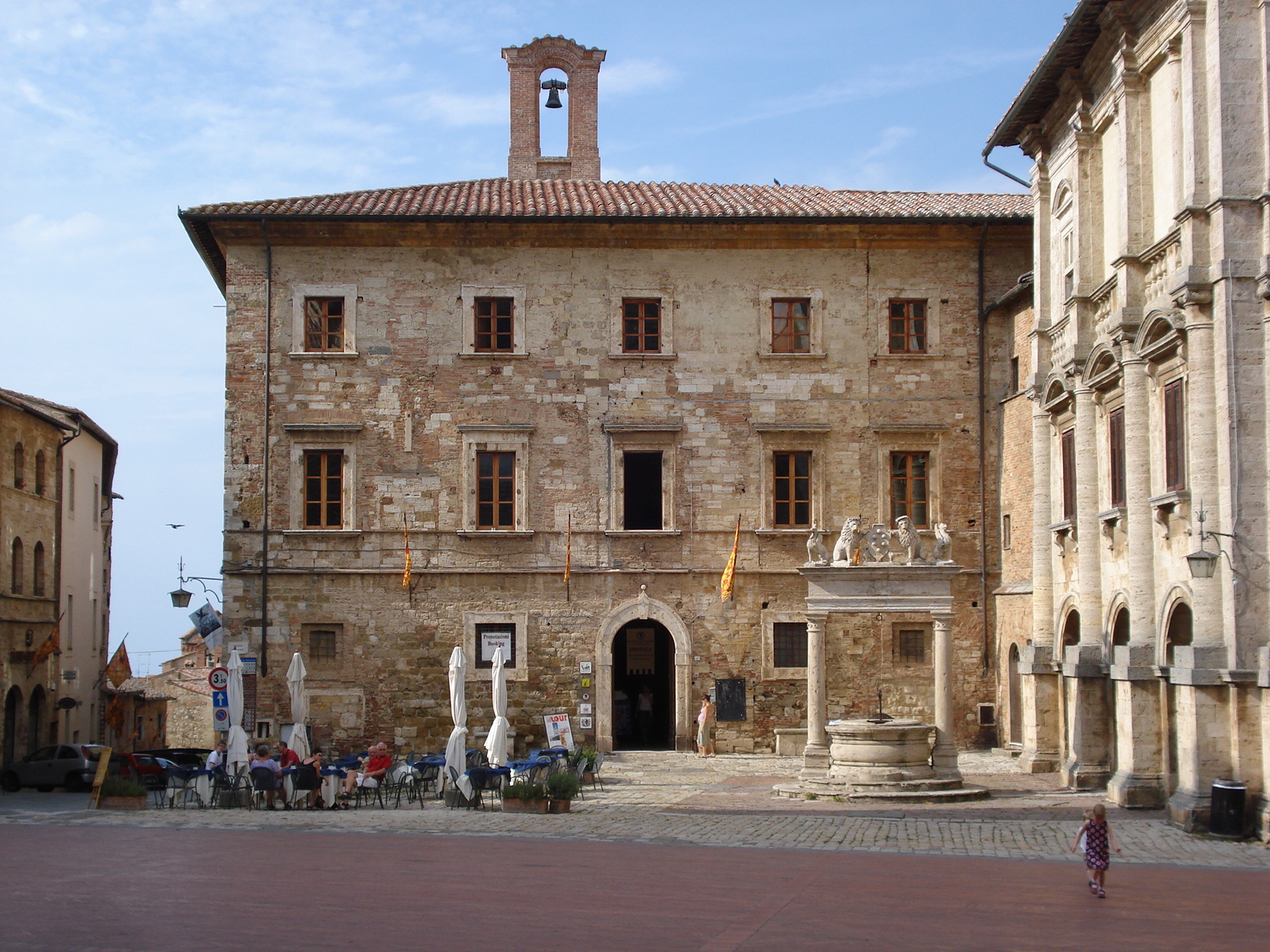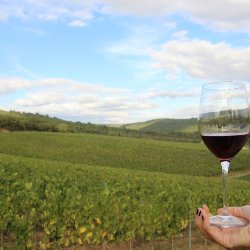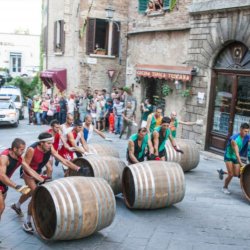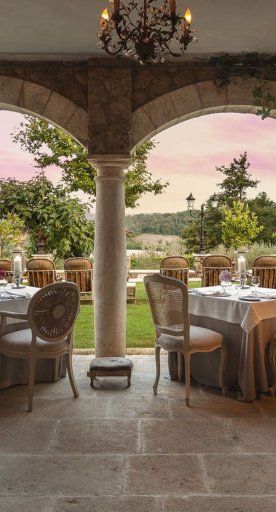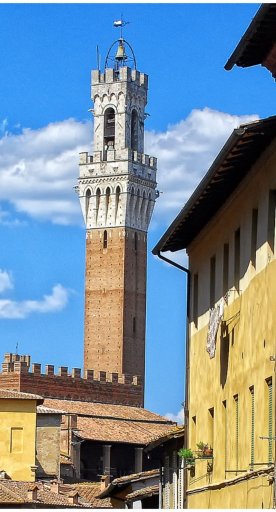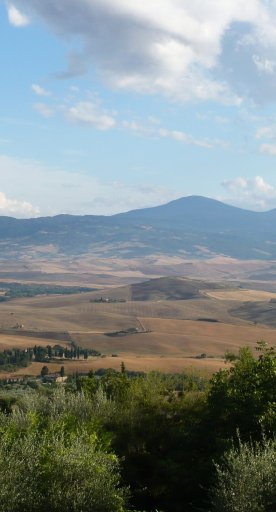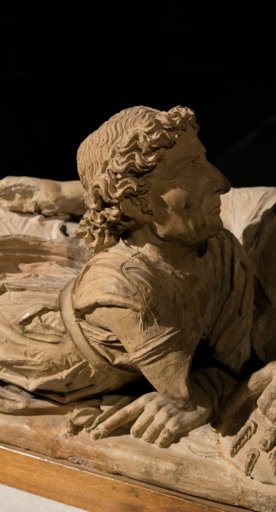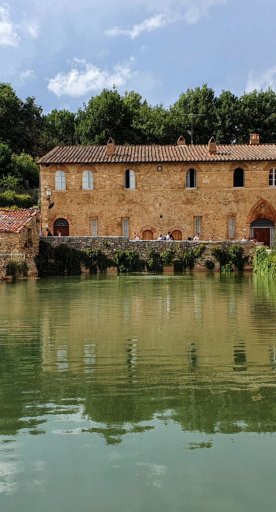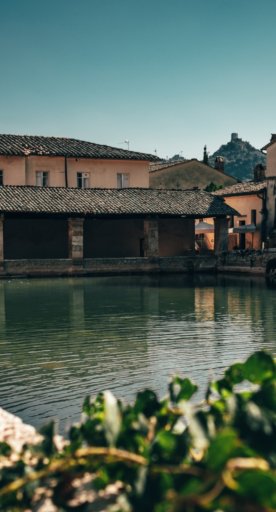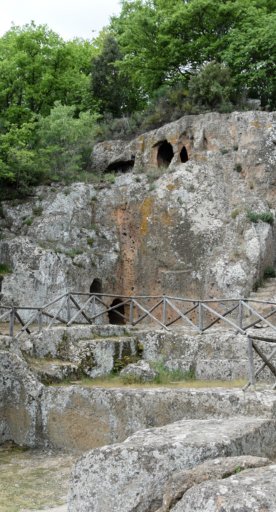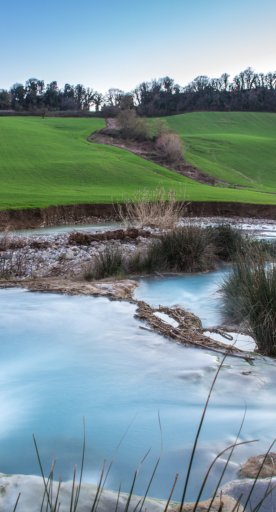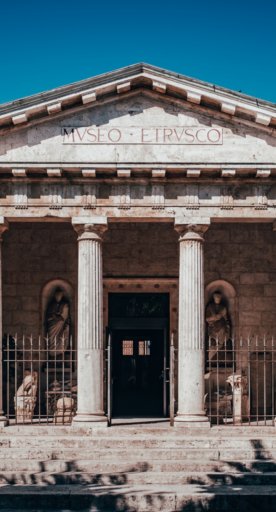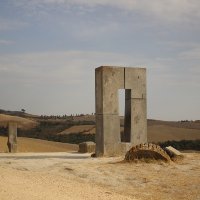Three squares of the Valdichiana Senese, three eras, three lifestyles
Torrita di Siena, Montepulciano and Cetona an itinerary from North to South to discover the beating heart of the villages of the Valdichiana Senese
A town square is the fulcrum of a community, and in the Sienese Valdichiana there are at least three beating at the heart of local life. A 36-kilometre journey links these three squares in the Sienese Valdichiana, which symbolise the quality of life in their respective villages. Visiting them means sitting in a café, savouring the slow social rhythms and participating in the high quality cultural events that distinguish this part of Tuscany.
-
1.Piazza Matteotti in Torrita di Siena
-
2.Piazza Grande in Montepulciano
-
3.Piazza Garibaldi in Cetona
Piazza Matteotti in Torrita di Siena

We start from the north, from Torrita di Siena. This village is the urban evolution of a fortified castle, which appears in a painting by Lippo Vanni (1372) in the Palazzo Pubblico of Siena: it depicts the battle of the Val di Chiana, fought in 1363. At a crossroads of four streets, the square still remains the centre of Torrita's civic and religious life. It overlooks the thirteenth-century Palazzo Pretorio (now the town hall), and its tower, which is modelled on the Mangia tower in Siena, has a double row of battlements. Next to the palazzo we find the Romanesque parish church of Saint Fora and Saint Lucilla, which has a single nave, a gorgeous façade and, inside, artworks including a marble bas-relief lunette attributed to Donatello. One of the best examples of a medieval town square in the world, the picture is completed by the indispensable well in the middle of the piazza. Not only is it the heart of ordinary village life, but also the heart of events: starting from springtime, Piazza Matteotti is constantly changing face. It dons the colours of its eight districts for the Palio dei Somari, and in June vibrates to the blues rhythms of the Torrita Blues Festival.
Piazza Grande in Montepulciano

Another beautiful well, made of travertine and topped with griffons and lions, stands in a corner of Piazza Grande in Montepulciano. Antonio da San Gallo il Vecchio was the architect responsible. All around we see imposing palazzi and other masterworks of great architects, all hymning the Renaissance. When the town market moved home to Piazza delle Erbe, Piazza Grande became primarily symbolic, the face of the village, as it were. In this role it does very well indeed, thanks to the quadrangular plan bordered by the bulks of the cathedral, the town hall (in this case an impressive copy of the Palazzo Vecchio in Florence, as requested by Cosimo I de' Medici). Other buildings that crowd the square include Palazzo Contucci, Palazzo Nobili-Tarugi and Palazzo del Capitano. If Torrita, if only in its name, betrays its role as a Sienese stronghold, then the interest that Florence took in Montepulciano was driven by anti-Sienese sentiment, though in fact the city was always much disputed. All year round Piazza Grande shines with its own light, thanks both to its defining travertine and to its architectural splendour. But what makes it still more unique are the events that, starting from the summer, follow one another in this unique natural stage: the International Art Workshop, the Bruscello Poliziano, Calici di Stelle. Then in the festive period it turns into one of the most beautiful Christmas villages in Central Italy.
Piazza Garibaldi in Cetona

Further south, in Cetona, an immense rectangular square is dedicated to Garibaldi. This is an area of the Valdichiana Senese that Siena contested not with Florence but with Orvieto. It was built in the sixteenth century by Gian Luigi Vitelli, who was known as "Chiappino" and was made Marquis by the Medici: it was he who built the piazza as a new entrance to the village, entirely dwarfed by this new space. It is surrounded by buildings such as the ancient Vitelli palace, the old church of Santissima Annunziata, the church of San Michele Arcangelo, and a loggia. Not to be missed is "Cetona in fiore", an April event that celebrates spring with all the wonderful colours that surround Piazza Garibaldi.

